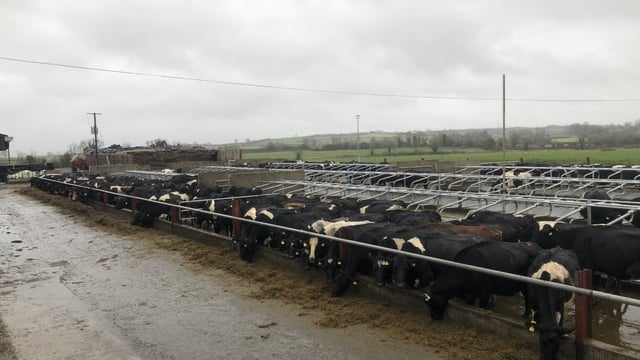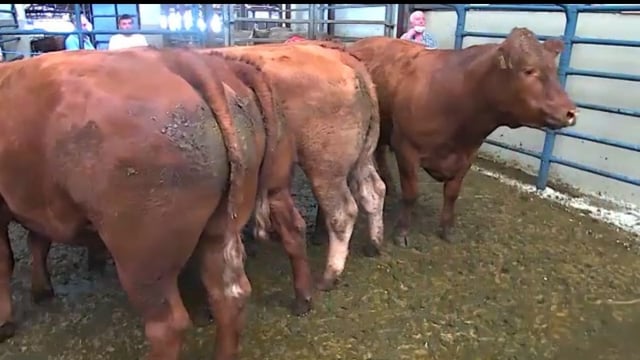77% of agri-businesses optimistic about the year ahead
Following a year of "considerable turbulence" in 2020, food and agri-businesses across Ireland are "significantly more optimistic" this year.
Today (Wednesday, September 8) ifac, the professional services firm, has published its annual Food and AgriBusiness Report 2021, a sentiment survey of Irish food and agri-business SMEs.
With a robust vaccine rollout and plans to remove the outstanding Covid-19 restrictions afoot, the report shows that optimism levels among Irish food and agri-businesses have seen a significant rebound, up from 55% in 2020 to a four-year high of 77% in 2021.
That optimism shows when it comes to employment as 97% of businesses surveyed said they intend to maintain or grow employee numbers over the next year.
However, "conversely and supporting fears that food production may follow the construction, hospitality, retail and care sectors in terms of labour shortages for low-paid jobs", over two-thirds are finding it difficult to recruit the "right people".
This figure has increased since 2020 and is mostly affecting food SMEs.
Also, ‘lack of interest in roles’ has become a key factor in recruitment difficulties for 2021, overtaking ‘skills not available’ in 2020, according to ifac.
Interestingly, while bank transfers, cheques and cash still dominate, 'paytech' is starting to have an impact on the sector, with emerging platforms like Stripe and Revolut gaining traction.
In 2021, the majority of businesses (83%) use bank transfers to receive payments from customers. Cheques are also an important payment method, with 72% of agri-businesses accepting this form of payment.
Other key findings of ifac’s report include:
John Donoghue, ifac chief executive, said the report shows that "despite massive Covid-19 disruption, the Brexit challenge, and climate change, Ireland’s food and agri-business sector remains resilient, and optimistic about the future".
“That opportunity comes with responsibility."
David Leydon, head of food and agri-business at ifac, cautioned: "While it is encouraging that optimism levels have bounced back strongly, trends to watch out for are rising costs, recruitment challenges, negative impacts from Brexit, and lower than ideal R&D investment".
"A real missed opportunity is around the strategic planning process – it’s concerning that nearly 80% of SMEs do not have a current strategic plan in place to guide their business," he added.





